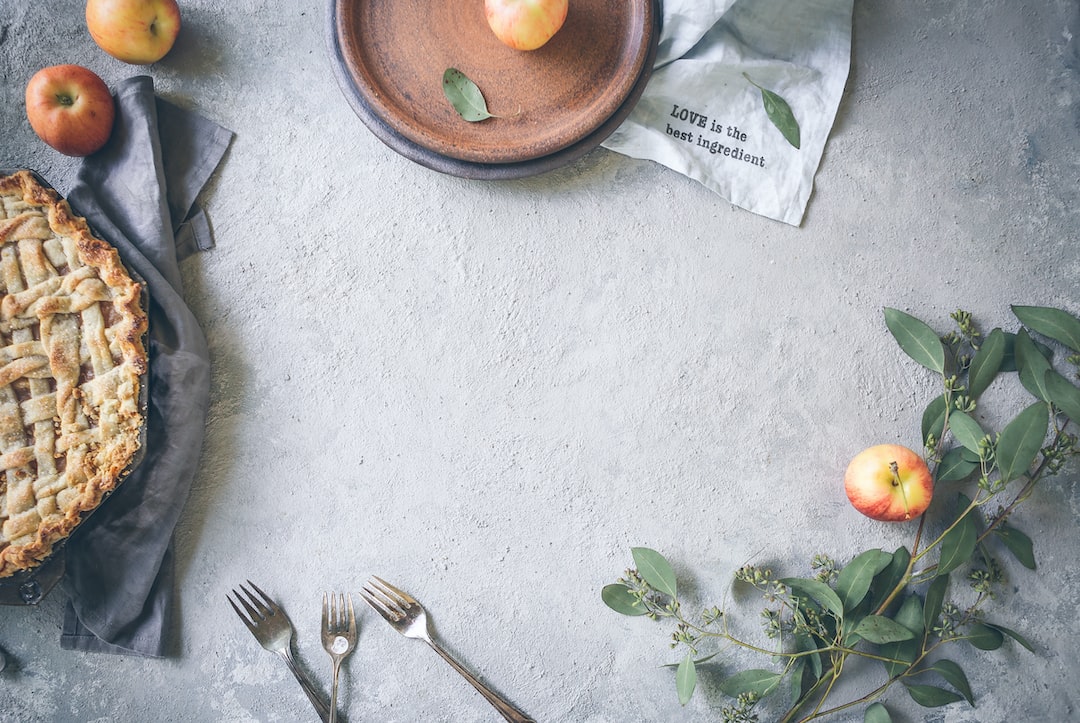Sushi is not just a Japanese delicacy; it has become a global sensation, loved by millions worldwide. There’s something special about the skill and precision required to make these bite-sized rolls of joy. While many prefer to go out to their favorite sushi joint to indulge in this delectable treat, there is a unique sense of achievement and satisfaction that comes with mastering the art of sushi making at home.
To become a sushi-making aficionado, there are a few key steps to follow. Here, we will guide you through the process, from selecting the right ingredients to perfecting the art of rolling.
1. Start with Fresh Ingredients:
The foundation of any good sushi dish lies in the quality and freshness of the ingredients. Choose the best-grade fish you can find, making sure it is sushi-grade or sashimi-grade. If you are unsure, ask your local fishmonger for recommendations.
2. Rice is King:
Next comes the crucial component of sushi – the rice. It is important to use short-grain Japanese rice for the best results. Cook the rice according to the package instructions and let it cool to room temperature. To achieve the perfect stickiness, prepare a vinegar mixture by combining rice vinegar, sugar, and salt, and gently fold it into the cooked rice.
3. Equip Yourself with Sushi Essentials:
While you might not have a bamboo sushi mat readily available in your kitchen, it is worth investing in one. This mat will help you roll and shape your sushi rolls to perfection. Additionally, having a sharp knife, a cutting board, and a sushi paddle or wooden spoon will make the process easier and more enjoyable.
4. Perfect the Art of Rolling:
Place a sheet of nori (seaweed) on the bamboo mat, shiny side down. Wet your hands with water to prevent the rice from sticking and evenly spread a thin layer of rice over the nori, leaving about an inch at the top uncovered. Add your desired fillings, such as sliced fish, avocado, cucumber, or tempura, a few inches from the bottom of the rice. Relax, take a deep breath, and roll the sushi tightly using the bamboo mat as your guide. Apply a little pressure to ensure it holds its shape.
5. Experiment with Fillings and Sauces:
One of the joys of making sushi at home is the freedom to experiment with different fillings and sauce combinations. From traditional favorites like tuna and salmon to vegetarian options such as grilled eggplant or marinated tofu, the possibilities are endless. Don’t be afraid to get creative and try out different combinations that suit your taste buds.
6. Presentation is Key:
To truly master the art of sushi making, presentation plays a vital role. After you’ve rolled your sushi, use a sharp knife to slice it into bite-sized pieces. Wet the blade with water to prevent sticking and make clean, precise cuts. Arrange your sushi rolls on a platter or plate, garnish with pickled ginger and wasabi, and drizzle soy sauce or ponzu sauce on the side. A visually appealing presentation will make your homemade sushi look like it came straight from a professional kitchen.
7. Practice Makes Perfect:
As with any skill, practice is essential. Don’t be discouraged if your first attempts don’t turn out as picture-perfect as you hoped. Sushi making requires patience and a willingness to learn from your mistakes. Keep refining your techniques and experimenting with different ingredients until you reach the level of mastery you desire.
In conclusion, sushi making is an art that can be mastered at home with practice and dedication. By starting with fresh ingredients, using the right tools, perfecting your rolling technique, and presenting your creations with care, you can elevate your sushi-making skills to a whole new level. So, put on your apron, get your sushi mat ready, and embark on this culinary adventure that will bring joy to your taste buds and impress your friends and family. Happy rolling!









